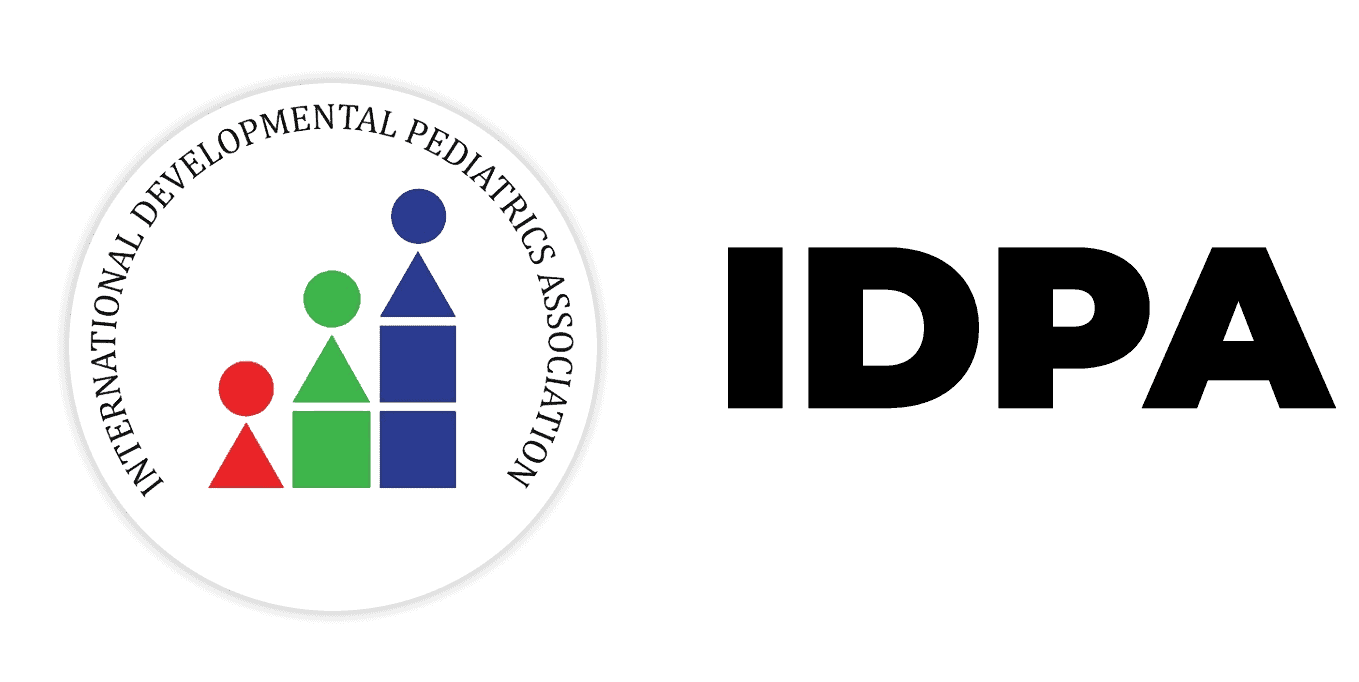Speakers

We have a wonderful line-up of local and international speakers for our workshops, plenaries and panels which we are excited to share with you soon.
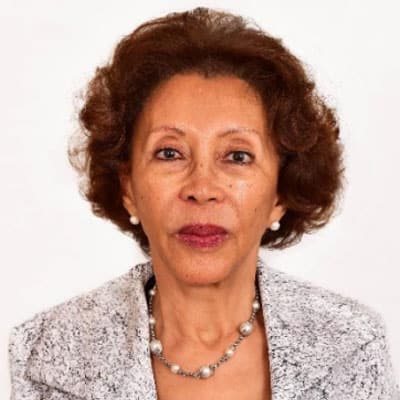
Tshepo Motsepe

Dr Tshepo Motsepe is the Spouse of the President of the Republic of South Africa, H.E. Cyril Ramaphosa.
Born in Soweto and raised in the rural villages of Mathibestad near Hammanskraal and her ancestral home, Mmakau in the North West province, Dr. Motsepe is the eldest of seven siblings and a mother to four children.
She is a qualified medical doctor, holding a Bachelor of Medicine and Bachelor of Surgery from the University of KwaZulu-Natal and a Master of Public Health in maternal child health and aging from the Harvard School of Public Health. She has also completed a Social Entrepreneurship Certificate Programme at the Gordon institute of Business Science (GIBS).
Dr Motsepe has worked in private practice and in hospitals including amongst them, Chris Hani Baragwanath Hospital in South Africa and Parirenyatwa Hospital in Zimbabwe; each the largest in their countries. She also worked with the Wits Reproductive Health and HIV Institute which is a leading African research institute focusing on sexual, reproductive health and HIV research. She has also served as Chairperson of the Gauteng Health Department’s Accreditation Committee.
Dr Motsepe is currently the Chairperson of Cyril Ramaphosa Foundation, an independent public benefit organisation that aims to improve lives by creating opportunities through education and enterprise development. The Foundation was formerly known as the Shanduka Foundation, which was established in 2004 by the
Shanduka Group and its founder, Cyril Ramaphosa. In 2015, the Foundation changed its name to Cyril Ramaphosa Foundation. It remains a partner of choice for social change through its implementing partner entities, Adopt-a-School Foundation, which includes the Thari Programme, Kagiso Shanduka Trust, Cyril Ramaphosa Education Trust and Black Umbrellas.
She serves as a patron of Early Care Foundation, a non-profit organisation which provides early childhood development support programmes for home based créches in disadvantaged communities, as well as the patron of the South African Civil Society for Women’s, Adolescents’ and Children’s Health (SACSoWACH), the Students Sponsorship Programme and a trustee of the Hospice Association of the Witwatersrand. Dr Motsepe is a former member of the National Medical and Dental Association (NAMDA), and the boards of the Vaal Reefs Disaster Trust and the Kids Haven Foundation.
In her daily work, Dr Motsepe is guided by the conviction that “economic and social development is a pre-requisite for communities to lead socially and economically productive lives"’ as stated in the World Health Organisation’s Alma-Ata Declaration of 1978.
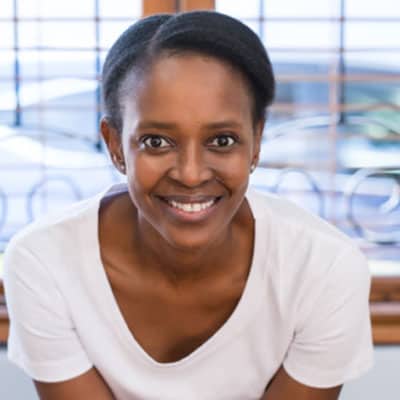
Doctor
Sibongile Mabatha

Dr Sibongile Mabatha graduated in 2005 from the University of the Witwatersrand with a bachelor’s degree in medicine and surgery. Specialising in paediatrics, she earned a Diploma in Child Health in 2008 and received my Paediatrics fellowship in 2013, honoured with the Avroy-Fanaroff prize during her registrar training. Now heading developmental services at Chris Hani Baragwanath Academic Hospital. Dr Mbatha became a qualified developmental paediatrician in 2019. Actively involved in research, she has authoured a publication and presently co-authoring four others. She received the Safeline Pharmaceuticals Excellence in Neonatology award in 2019. In addition to teaching, supervising MMED students, and co-ordinating registrar activities, I am committed to community outreach, often sharing insights on developmental conditions through radio interviews. My future goal is to expand the developmental paediatrics department. Beyond work, she is a proud wife and mother to two wonderful boys.
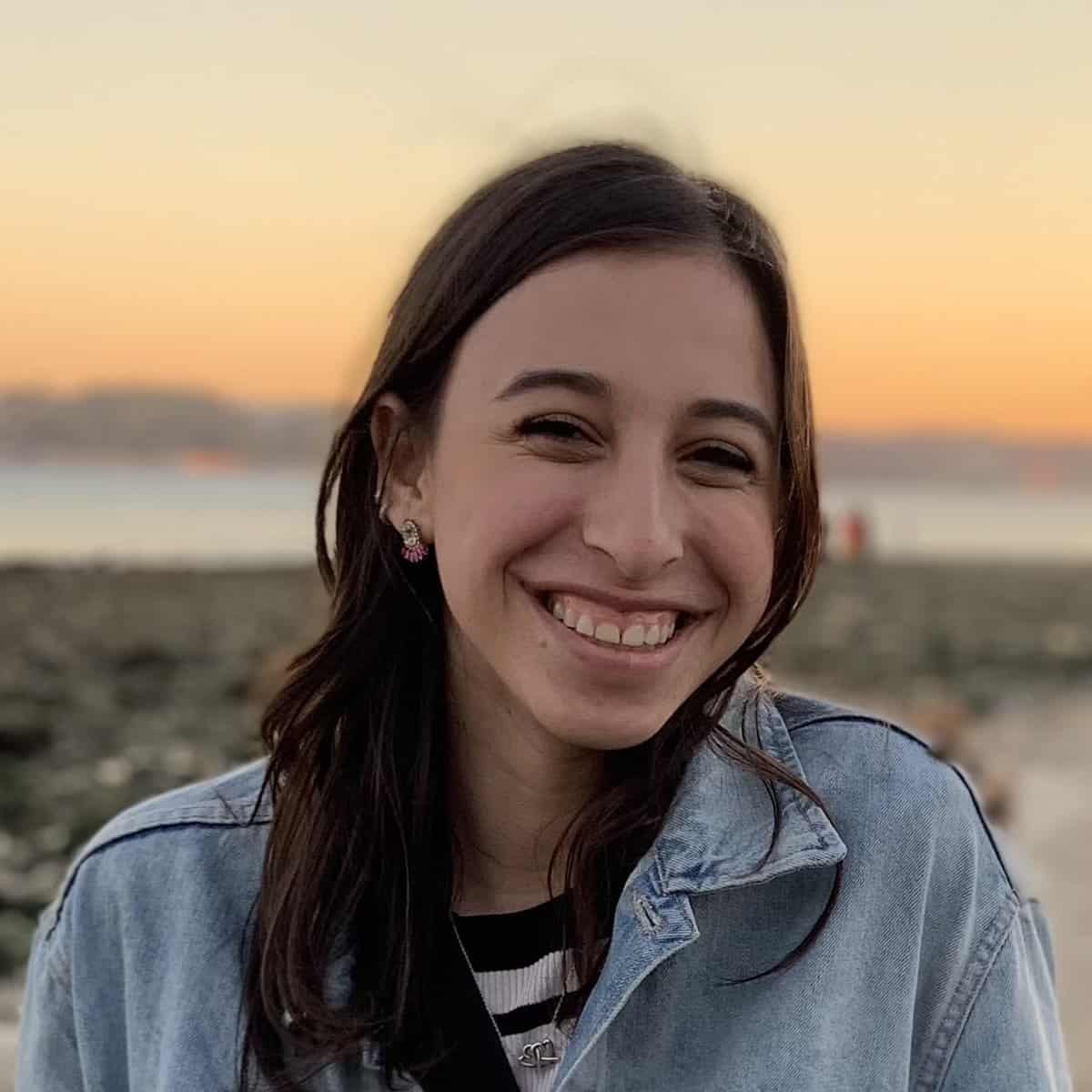
Doctor
Emma Margolis (USA)

Emma is a PhD student in Dr. Laurel Gabard-Durnam’s Plasticity in Neurodevelopment Lab at Northeastern University in Boston, MA, USA. Emma’s research targets the intersection of basic and translational research, connecting early brain development to global public health priorities. In particular, she focuses on the foundational ways in which caregivers shape their infants’ brain development from the prenatal period through early postnatal life. She asks how caregivers exert such significant influence via environmental exposures (e.g., prenatal substance exposures or nutrition), cultural contexts, and caregiving practices during this earliest developmental window. She uses electroencephalography (EEG) and magnetic resonance imaging (MRI) in her work.

Doctor
Betsy Lozoff

Dr. Lozoff is a behavioral/developmental pediatrician whose research focus is the effects of iron deficiency anemia on infant behavior and development. Dr. Lozoff heads a multiuniversity cross-species program project grant on brain and behavior in early iron deficiency. She also directs a large project on iron deficiency in Chile, continues follow-up studies of Costa Rican children who had iron deficiency in infancy, and is part of another large study of micronutrient supplementation in India. Dr. Lozoff received a Merit Award (Method to Extend Research in Time) from NICHD in 1999, which was extended in 2004. She was recently honored with a UROP (Undergraduate Research Opportunities Program) Faculty Recognition Award for Outstanding Research Mentorship at the University of Michigan.

Doctor
Lama Charafeddine (Lebanon)

Dr Charafeddine is a Professor of Clinical Pediatrics and Neonatology at the American University of Beirut (AUB), Division of Neonatology. She is a diplomat of the American Board of Pediatrics and Neonatal-Perinatal Medicine. She is the founder and director of the Developmental Care and Early Intervention Program and the Neonatology Continuity Follow up Clinic at AUB. She is a certified professional in the Newborn Individualised Developmental Care Assessment Program (NIDCAP) and a mentor instructor in Neonatal resuscitation program.
Dr. Charafeddine is a UNICEF global consultant and WHO technical advisor on Early Child Development. Since March 2023, Dr. Charafeddine serves as the chairperson of the National Preterm and Newborn Care Committee at the Ministry of Public Health. She is currently co-chairing the International Pediatric Association Early Child Development committee.
Her research revolves around developmental care and ultra-early intervention, quality improvement of care, early child development, and developmental outcome of premature infants.
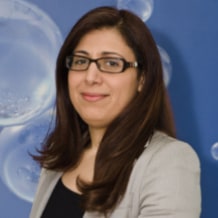
Doctor
Mayada Elsabbagh

My research focuses on understanding the root causes of autism and tracing its developmental pathways. The approach combines innovative research with the mission of accelerating the translation of scientific discoveries into community impact. My contributions include the discovery of very early brain function markers for autism prior to the onset of behavioural signs.
I have supported the successful launch of several collaborative research and translational networks aimed at accelerating the pace of discovery in autism. This includes my roles as the Associate Director of Clinical Research at The Neuro's Azrieli Centre for Autism Research (ACAR) and the Director of the Transforming Autism Care Consortium (TACC) which advances discovery, training, and community partnerships.
I am also active in global efforts to improve evidence-based practice in the community and capacity building with a special focus on underserved groups, both in Canada and in low- and middle-income countries.

Doctor
Christine Muhigana

Christine Muhigana took up her duties as UNICEF Representative in South Africa in September 2020. She was previously the UNICEF Representative in the Central African Republic (CAR) for three years. Between 2013 and 2017, she was UNICEF Deputy Regional Director for the West and Central Africa region based in Dakar, Senegal. Overall, she has more than 30 years of experience in the UN. She holds a master’s degree in Political Science and International Relations as well as a master’s degree in Maritime and Air Law from the Université Libre de Bruxelles in Belgium.

Doctor
Jessica Ringshaw (South Africa)

Jessica Ringshaw is an awardee of a prestigious Wellcome Trust International Training Fellowship linking her to both the University of Cape Town (UCT; Department of Paediatrics and Child Health) as well as Kings College London (KCL; Centre for Neuroimaging Sciences). Having completed her Masters (MA) at UCT, Jessica has a clinical background and is registered as a Neuropsychologist with the Health Professions Council of South Africa (HPCSA).
In her capacity as a PhD Fellow, Jessica is part of a multi-site consortium (UNITY; Ultra Low-Field Neuroimaging in the Young) of specialist neuroimaging centers and clinical partners funded by the Bill and Melinda Gates Foundation (BMGF). Jessica has a bridging role aimed at fostering cross-site team collaboration, particularly between the UK and South Africa, and is integrally involved in leading the training and capacity development portfolio for paediatric neuroimaging across UNITY sites in Africa and South-East Asia.
Jessica’s research is focused on using Magnetic Resonance Imaging (MRI) to understand the impact of antenatal maternal anaemia and iron deficiency on child brain structure and development in the early years. This includes answering important clinical questions using traditional high-field MRI, as well as cross-validation work assessing the low-field MRI system’s comparative feasibility in under-resourced settings. Jessica’s goal is to contribute towards a local and international effort to meaningfully address relevant global health priorities with implications for clinical practice, community engagement, and public policy.
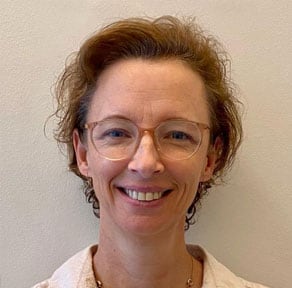
Doctor
Tereza Whittaker (South Africa)

Dr Whittaker’s work in the area of Infant Child and Adolescent Mental Health Services (ICAMHS) Strengthening Project, Dept of Health and Wellness , Western Cape, South Africa.
Tereza is a psychiatrist with a masters in Infant Mental Health from Stellenbosch University. She is currently part of a new ICAMHS strengthening project in the Western Cape. Her areas of interest are wellness and health promotion in infancy, perinatal mental health, parenting and the First 1000 Days, as well as the intersection of mental health, public health, and primary care. She is currently exploring how perinatal services delivered at public sector primary care level might incorporate principles of Infant and perinatal mental health, why these might be absent, and how to equip health care providers to deliver such services in a universal, sustainable, locally relevant way.

Doctor
Ramzi Nasir (UK)

Dr Nasir is a Developmental-Behavioral Pediatrician who trained at Boston Children’s Hospital and the Harvard School of Public Health. He currently practices in London, UK as a pediatrician in the National Health Service (NHS) and in private practice.
Dr Nasir’s primary clinical practice is focused on children with neurodevelopmental conditions and is active in initiatives promoting clinical research, continuing education and clinical services.
He has a specific interest in promoting equality and human rights for often neglected groups like LGBTQ+ children and young people and those with neurodevelopmental conditions caught up in humanitarian disasters. He has organised several presentations and workshops on these two topics, including at previous IDPA conferences in Mumbai and Beirut.
In the humanitarian sphere, he serves as a clinical consultant and advisor to organisations such as Doctors without Borders and Medical Aid for Palestinians. He has authored 2 book chapters and is active in several global advocacy efforts.

Doctor
Jane Lucas

Dr. Jane Lucas is a social psychologist, with a license in clinical psychology. She works as an advisor and a consultant with the World Health Organization, UNICEF, and other international organizations. She has designed training, supervisory, and evaluation materials to support the Integrated Management of Childhood Illness (IMCI). As an extension of this effort to improve child survival, she has worked for more than 15 years on designing and implementing the WHO/UNICEF parenting intervention on Care for Child Development. She advises country programmes on ways to integrate support for child development into health, nutrition, education, and child protection services. Currently, she is supporting the scale up of Care for Child Development and the implementation of a strategy for expanding responsive caregiving through the global Nurturing Care Framework.

Doctor
Neo Mongoegi (South Africa)

Ms. Neo Mongoegi is a Registered Dietitian, who completed her studies in 2008, at the University of KwaZulu-Natal, South Africa. She went on to complete her Community Service at the Charlotte Maxeke Johannesburg Academic Hospital, and stayed on as a Senior Dietitian before she went on to work as the Head of Dietetics at Sebokeng Regional Hospital and later on at Chris Hani Baragwanath Academic Hospital.
During that time, she gained experience with working with children with disabilities and feeding challenges. She also developed her love for paediatric nutrition and public health. She is currently involved in the Child Health and Mortality Prevention Surveillance (CHAMPS) Intervention Study, under WIts-Vida, as a secondary investigator.

Doctor
Claire Fourie (South Africa)

Claire is a Counselling Psychologist and Senior Clinician at the Neurodiversity Centre (NDC), based in Cape Town, South Africa. She is a PhD candidate at the University of Cape Town (UCT) in the Department of Pediatrics and Child Health, investigating the sex-based phenotypic differences between boys and girls with Autism Spectrum Disorder (ASD). For her PhD, Claire has a fellowship under Professor Kirsty Donald, and has worked on the NeuroDEV study - investigating the genetics of child development.
Claire is a co-author of the published book Flow: the book about menstruation. Special interests and areas of expertise include: neurodevelopmental conditions, Autism Spectrum Conditions, neurodiversity, challenging gender phenotypes, gender diversity and sexuality, women and girls with neurodiversity, research and more. Prior work has included working as a school psychologist, lecturer, research supervisor, private practice and as a research assistant. She is also a board member for the South African NPO - Neurodiversity Foundation.
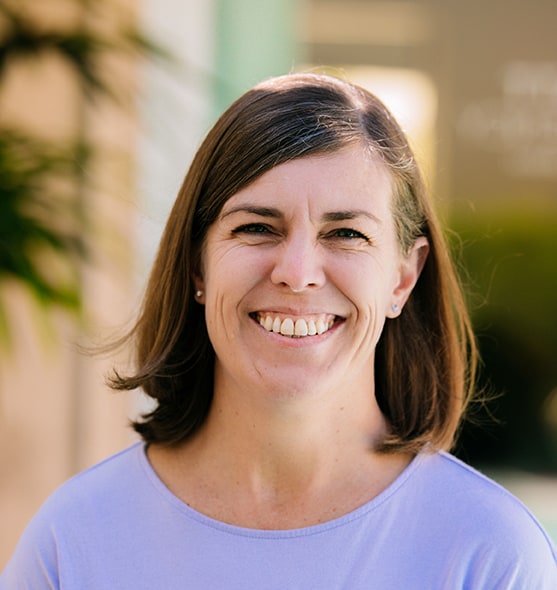
Doctor
Catherine Draper (South Africa)

Dr Catherine Draper is an Associate Professor in the SAMRC Developmental Pathways for Health Research Unit at the University of the Witwatersrand. She has a background in Psychology and the social sciences, and obtained her PhD in Public Health in 2005 from the University of Cape Town. Dr Draper’s research interests include the development and evaluation of community-based health promotion interventions, and she is particularly interested in early childhood health and development. She led the initiative to develop South African 24-hour movement guidelines for the early years, and was a member of the World Health Organisation Guideline Development Group for guidelines on physical activity, sedentary behaviour and sleep in children under 5 years of age. She is part of the leadership group of the International Study of Movement Behaviours in the Early Years (SUNRISE). Dr Draper is currently leading studies on early learning, social emotional development and mental health in young children in vulnerable settings in South Africa, and also works on the Healthy Life Trajectories Initiative (HeLTI) with young women in Soweto, Johannesburg. HeLTI aims to optimise young women’s physical and mental health, intervening from preconception through to early childhood, in order to establish healthier trajectories for themselves and their children.
Dr Draper is currently part of a global initiative on executive function measurement and is part of the consultative group for the World Health Organization’s Global Scale for Early Development 2.0.
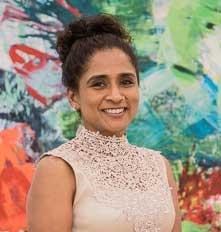
Doctor
Thirusha Naidu (South Africa)

Dr Naidu is associate professor at the University of KwaZulu-Natal and a clinical psychologist practising in the public health context in South Africa. Her research focuses on critical and theoretical perspectives on health through decolonial and feminist theories. Dr Naidu is interested in how research, authorship and scholarship practices shape dominant and marginalised narratives in health research, teaching and clinical practice and which may contribute to fragmented care narratives and practices. She uses research poetry as a method for deep reflexivity to document, present and illustrate research findings. Her published work has appeared in The Lancet, Academic Medicine, Advances in HS Education and The Lancet Global Health. Dr Naidu has been a visiting scholar at the Duke University Health Humanities Programme, University of Toronto Wilson Center and University of Michigan Department of Medical Education. She is a Fellow of the Karolinska Prize for Research in Medical Education and awarded a Fulbright to study knowledge production in Global Medical Education.
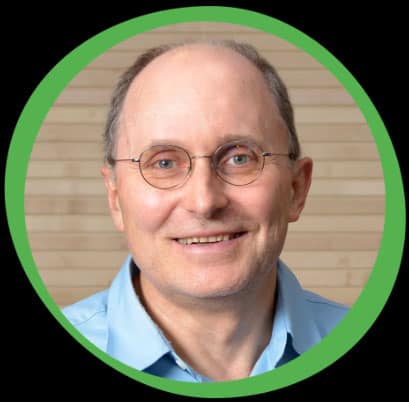
Professor
Rainer Blank (Germany)

Professor Blank is a Specialist Doctor in Developmental Paediatrics, Child Neurology, Child Adolescent Psychiatry and Psychotherapy He completed his studies in Heidelberg, Vienna and London and his Medical Thesis in Paediatric Endocrinology, University of Heidelberg.
Professor Blank’s postgraduate Training/Specialisation in Family Therapy (Institute of Family Therapy, London), Adult Psychiatry (Max-Planck-Institute of Psychiatry, Munich), Paediatric Epileptology (Epilepsy Center, Kehl-Kork), Child and Adolescent Psychiatry and Psychotherapy (University Hospital of Marburg), Developmental and Social Paediatrics/General Paediatric (Child Center Munich, Institute of Social Paeidatrics and general paediatric hospital, Munich). He further studied his PhD/ Privatdozent: Thesis in Development of hand motor function (kinetics, kinematics) in typically developing children and in children with cerebral palsy.
Professor Blank is widely published in the fields of Paediatric Epileptology (anticonvulsive drugs), Child Psychiatry (ADHD), Developmental Paediatrics and Neuropaediatrics (motor development, hand motor functions, ADL, Quality of Life of Cerebral Palsy, international evidence-based recommendations in Developmental Co-ordination Disorder).
Present position, Chief Consultant and Managing Director of the Child Center Maulbronn and Extraordinary Professor and lecturer (Developmental Paediatrics) at the University of Heidelberg Currently: President of the combined EACD / IAACD World congress on Childhood Disability (European and International allied Academies of Childhood Disability) in Heidelberg 2025.
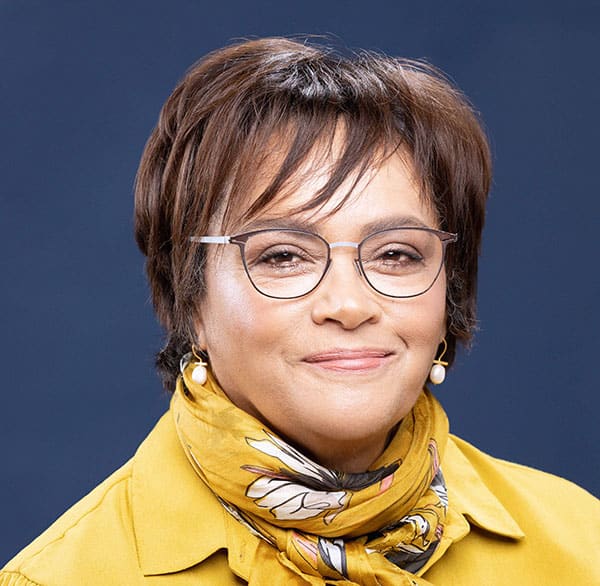
Doctor
Rene Nassen

Dr Nassen is a Child and Adolescent Psychiatrist, in a joint appointment betweenDepartment of Health and Wellness: Clinical head of the Lentegeur Hospital child and adolescent service. Provincial coordinator for child and adolescent mental health services. Stellenbosch University Department of Psychiatry: senior lecturer conducting teaching, training and research.
Rene is a Fellow of the South African College of Psychiatrists and a registered child and adolescent psychiatrist. She is the clinical head of the child and adolescent mental health service (CAMHS) at Lentegeur Hospital. She was recently appointed as provincial co-ordinator for CAMHS and leads a project to strengthen CAMHS in the Western Cape Province.
She is a senior lecturer in the Department of Psychiatry, at Stellenbosch University where she conducts teaching, training and research. She is currently convenor for the sub-specialist training in child psychiatry (certificate in Child Psychiatry with the Colleges of Medicine South Africa (CMSA) as well as the M Phil degree in child psychiatry and participates in exit examinations for the CMSA . Rene holds a M Phil in child psychiatry and is registered for a doctoral degree in the field of Paediatric HIV neuropsychiatry. Other interests are public mental health, and support of the arts therapies within child and adolescent mental health services.
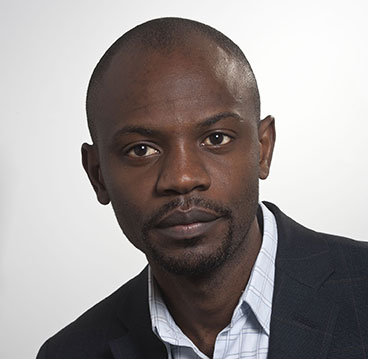
Doctor
Given Hapunda (Zambia)

Dr. Given Hapunda is a Paiatric and Developmental Psychologist, holding the position of Senior Lecturer and Researcher at the University of Zambia. With 14 years of experience, he has been a leader in child and adolescence research across Southern and East Africa. His primary research interests encompass childhood chronic illnesses, early childhood development, and programme evaluation and implementation research. Dr. Hapunda has an extensive publication record, having authored and co-authored numerous works on chronic illnesses in children and adolescents, early childhood development, emotional regulation, and programme evaluation. Actively participating in various national and international research projects, including the LEGO Foundation-funded initiatives to scale up playful parenting projects in Zambia, Serbia, Bhutan, and Rwanda. Additionally, he serves as a lead consultant and learning partner for the Firelight Foundation's community-driven systems change for early childhood initiatives in Zambia and Malawi.
In his current role at the University of Zambia, Dr. Hapunda lectures and supervises both under-graduate and post-graduate students in psychology. His courses include developmental psychology, psychometrics, research methods, and recent developments in behavioural research methods.
Beyond academia, Dr. Hapunda is engaged in societies dedicated to promoting children's development. He actively contributes to the Africa Early Childhood Network, where he serves on the research technical committee and mentors early career scholars. Furthermore, he plays a key role in the International Society for the Study of Behavioural Development (ISSBD), serving on the executive committee as the outgoing early career representative. Additionally, Dr. Hapunda is a member of the Early Childhood Development Action Network of Zambia and holds the position of co-chair of the National Health Research Authority technical committee on knowledge translation in Zambia.
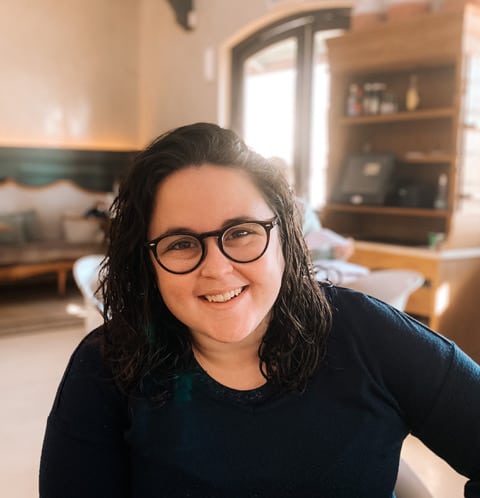
Doctor
Cole Goldberg (South Africa)

Dr Cole Goldberg owns CGOT Occupational Therapy practice - she works within the realm of neurodiversity, mental health, developmental understandings and paediatrics to help clients find meaning and purpose to live a fulfilled life, with 5 therapists working in her practice, across 4 branches. Cole co-founded the Lighthouse Learning Hub, a co-working space for kids, with 3 branches in Cape Town so far, also opening in Johannesburg in 2024. She has a PhD from UCT Dept of Psychiatry and Mental Health, publishing on choice making and self advocacy.
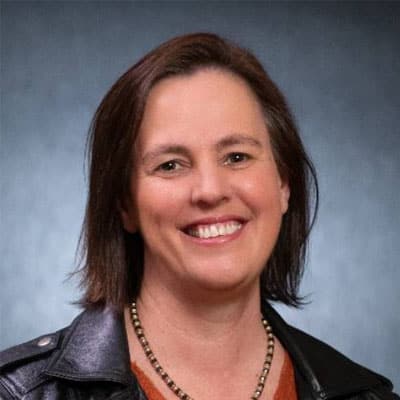
Professor
Ute Feucht (South Africa)

Professor Feucht is working as the Paediatrician in the Tshwane District Clinical Specialist Team in the Gauteng Province of South Africa. She is a registered Community Paediatrics sub-specialist. She also holds a joint appointment as a full professor at the Department of Paediatrics of the University of Pretoria, and additionally is the Director of the Research Centre for Maternal, Fetal, Newborn and Child Health Care Strategies of the University of Pretoria.

Professor
Petrus J de Vries (South Africa)

Professor Petrus de Vries is the Struengmann Professor of Child & Adolescent Psychiatry and Founding Director of the Centre for Autism Research in Africa (CARA) at the University of Cape Town.
He trained in Medicine at Stellenbosch University in South Africa before moving to the UK where he completed his clinical training in Psychiatry and Child and Adolescent Psychiatry, and a PhD in Developmental Neuroscience at the University of Cambridge. He returned to South Africa in 2012.
Since his return to Africa, his research has focused on global autism, neuro-developmental and child and adolescent mental health and on implementation science in low- and middle-income settings. He has worked closely with the World Health Organisation (WHO) child and adolescent psychiatry team on various projects related to autism and developmental disabilities. He was a participant in the 2022 Lancet Commission on autism. Apart from his interest in autism, he has a long-standing clinical research programme in Tuberous Sclerosis Complex (TSC) and its associated neuropsychiatric disorders (TAND).
He has a particular passion for global research capacity-building in autism, neurodevelopmental disabilities and child and adolescent mental health.
Petrus previously was Chairman of the Society for the Study of Behavioural Phenotypes (SSBP), Chair of the African Division of the Royal College of Psychiatrists, Treasurer of the International Association of Child & Adolescent Psychiatrists and Allied Professions (IACAPAP) and President of the South African Association of Child & Adolescent Psychiatrists and Allied Professions (SA-ACAPAP). He is the current President of INSAR (International Society for Autism Research).
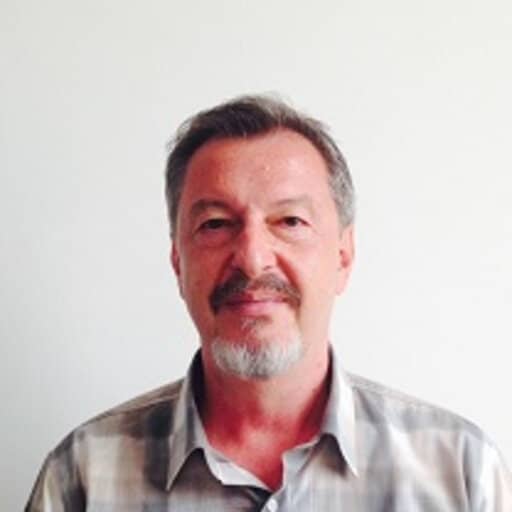
Doctor
Oliver Petrovic (USA)

Oliver joined UNICEF in October 1992 where he worked extensively in both emergency and development settings. Since then, he performed a variety of programmatic functions including ECD, health, nutrition, M&E, and deputy representative in UNICEF country offices, regions, and the New York HQ.
In the headquarters, Oliver strengthened the evidence base to inform ECD programming. He developed and rolled out the ECD module in the Multiple Indicator Cluster Survey, the survey that is considered the largest source of information on the status of children and women globally and conducted a global evaluation of Community-based ECD programmes and Parenting Programmes.
In recent years, Oliver worked with UNICEF offices in Rwanda and Egypt and played a pivotal role in strengthening primary healthcare systems and community systems with a view to designing and implementing an integrated package of services benefiting the most deprived populations.
Oliver has a demonstrated track record in Research, Monitoring, and Evaluation and has published many articles and research reports. He is a national of the Republic of Serbia and holds a Medical degree from the University of Belgrade and a master’s degree in Public Health (MPH) from the European School of Public Health. He is married and has two children.
Oliver is eager to support you in advancing Early Childhood Development initiatives to scale.

Melissa Gladstone

Professor Gladstone is a Professor of neurodevelopmental paediatrics at the University of Liverpool and Alder Hey Children’s Hospital with over 20 years- experience, researching child neurodevelopment in resource poor environments – particularly in Africa. Her recent research aims to understand how best to measure neurodevelopment in resource limited settings as well as to utilise this to identify the early problems that children with disabilities and developmental disorders in order to support them. She has undertaken and is presently undertaking large field studies in a number of African settings looking at the effect of health and social factors on early child development (malaria in pregnancy, nutrition, prematurity, HIV exposure) but is also interested to pursue the linkages between assessment of children’s development and behaviour with interventions which can be provided in low-income settings.
She has written over 90 publications and she holds several large grants with colleagues in Sub-Saharan Africa. She created a neurodevelopmental assessment tool, the MDAT, which is being utilised in over 25 countries in Africa for research and programmatic work – much of this linking early interventions in nutrition, WASH and early stimulation programmes with later outcomes in children. She has recently been working with the World Health Organization on creation of the Infant and Young Child Developmental Indicators (IYCD) and more recently, the Global Scales of Early Development (GSED).
Her future plans include incorporating ways of better measuring childhood disability in the early years in multiple settings globally.

Wiedaad Slemming

Professor Wiedaad Slemming is an experienced health professional, academic and researcher, with over 20 years of experience working in a variety of settings in South Africa, England, and Wales. She is currently an Associate Professor in the Department of Paediatrics and Child Health and serves as the Director of the Children’s Institute at the University of Cape Town.
Professor Slemming’s areas of expertise and research are maternal and child health, early childhood development (ECD), child disability and health systems strengthening. She has extensive research experience spanning these areas and has contributed to the development of programmes and policies, strategies, and implementation plans and tools.
She also currently also serves on several international and national maternal and child health, nutrition, ECD and disability technical and advisory groups.
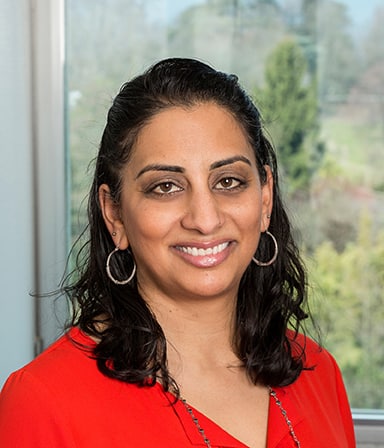
Sheila Manji (Switzerland)

Sheila Manji is an early childhood development specialist with the World Health Organization in Geneva, Switzerland. Sheila has worked on issues related to early childhood development in the education and health sectors for over 15 years. She has supported governments, communities, UN agencies, philanthropic organisations and civil society organisations to develop contextually-appropriate solutions that enable children to thrive. With WHO, her areas of work include supporting implementation of the Nurturing Care Framework, working with partners to develop advocacy and operational materials that can advance attention to and investment in early childhood development, and strengthening health systems to provide quality care for caregivers and their young children.
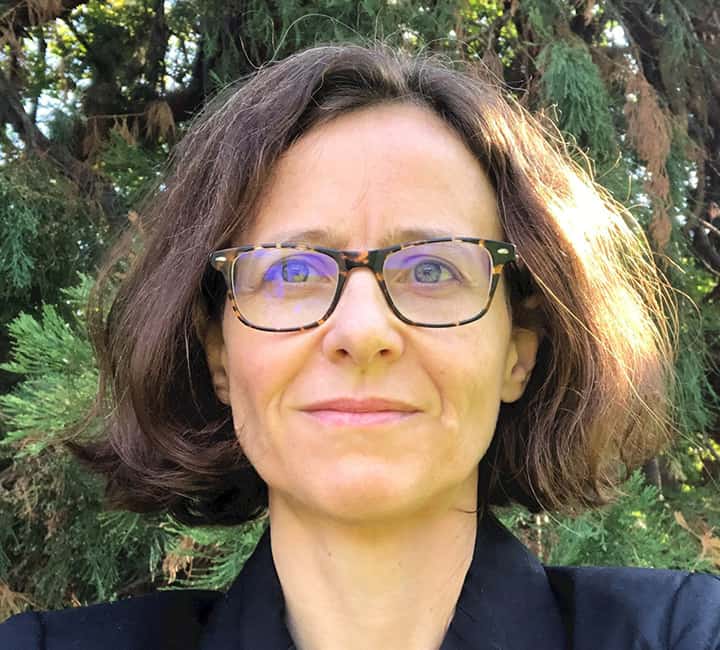
Chiara Servili (Switzerland)

Chiara Servili is technical officer in WHO’s Department of Mental Health and Substance Use and the technical focal point for child and adolescent mental health. A child neuropsychiatrist by training, she obtained an MPH at the London School of Hygiene and Tropical Medicine and a PhD at the University of Modena. Her work focuses on development of normative guidance and implementation tools for child and adolescent brain and mental health and providing technical advice to regions and countries. She is WHO technical lead for the UNICEF WHO Joint Programme on mental health and psycho-social wellbeing and development of children and adolescents (2020-2030).
Prior to joining WHO Headquarters in 2010, she served the organisation in the African and Eastern Mediterranean regions.

Vanessa Cavallera (Switzerland)

Dr. Vanessa Cavallera is child neurologist and psychiatrist with a Master Degree in Public Health. She has been working first as a consultant for different NGOs and UN agencies focusing on early childhood development, child mental health and caregiver well-being in developing and humanitarian contexts, and now as Technical Officer at the World Health Organistion. She has been co-ordinating a multi-country project on development and validation of a population-based assessment of early child development as well as supporting the work of the organisation on the nurturing care framework, with a specific focus on children with developmental disabilities and their caregivers. Lastly, she is contributing with different activities to the broader vision of the Brain Health Unit to promote optimal brain development, cognitive health and wellbeing for all, and prevention and management of neurological disorders across the life-course.

Linda Richter

Linda Richter (PhD) is a Distinguished Professor in the DSI-NRF Centre of Excellence in Human Development at the University of the Witwatersrand, South Africa.
She has been a Visiting Scholar at Harvard (USA), Melbourne (Aus) and Oxford (UK) Universities. From 2010-2012 she served as Advisor on Vulnerable Children at the Global Fund to Fight AIDS, Tuberculosis and Malaria in Geneva.
Linda is one of the original investigators and currently the co-Principal Investigator of the South African birth cohort study, Birth to Thirty (Bt30). She led the research and drafting of South Africa’s Integrated Early Childhood Development Policy, adopted by Cabinet in 2015, and the 2017 Lancet Series Advancing Early Child Development: From Science to Scale.
Linda currently leads the ECD Countdown to 2030 and the UKRI-funded project Harnessing Global Data to Advance Young Children’s Learning and Development.
Linda has published more than 300 papers in peer-reviewed journals, and was the recipient of the Medical Research Council’s Lifetime Achievement Award in 2005 and of the National Research Foundation’s Lifetime Achievement Award in 2021. She is a twice A-rated NRF scientist.

Mark Tomlinson

Professor Mark Tomlinson is the Co-Director of the Institute for Life Course Health Research in the Department of Global Health at Stellenbosch University.
He is also Professor of Maternal and Child Health in the School of Nursing and Midwifery, Queens University, Belfast, UK. His scholarly work has involved a diverse range of topics including how to improve early childhood development, child and adolescent mental health, maternal mental health, and developing life course approaches to build human capital in the first two decades of life.
He is currently a member of the World Health Organization (WHO) Strategic and Technical Advisory Group of Experts (STAGE) for Maternal, Newborn, Child, Adolescent Health & Nutrition.
He was elected as a member of the Academy of Science in South Africa in 2017.
He has published over 350 papers in peer-reviewed journals, edited four books and published numerous chapters.
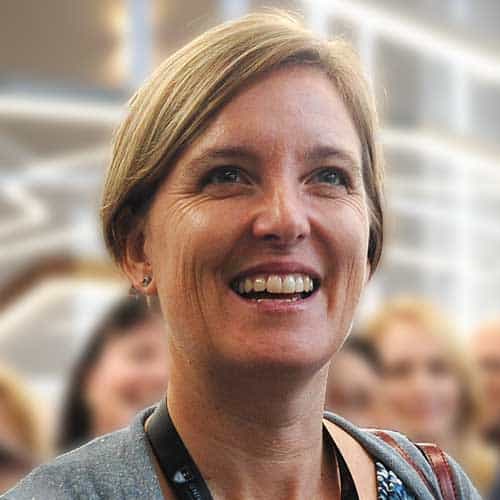
Professor
Kirsty Donald

Kirsty Donald is a Professor in Paediatric Neurology with an interest in developmental disabilities as they manifest in resource-limited settings, such as South Africa.
She leads the Division of Developmental Paediatrics in the Department of Paediatrics and Child Health at Red Cross War Memorial Children’s Hospital, and is also the Deputy Director of the Neuroscience Institute, University of Cape Town.
Her specific research interests include the effects of maternal mental health on the development of their infants, as well as preventable causes of neurodisability such as alcohol and methamphetamine exposure, organophosphate poisoning, and the neurological and neurocognitive complications of HIV exposure and infection.
Her recent research has focused on using multiple imaging methods, including structural, functional and diffusion imaging, and proton magnetic resonance spectroscopy (1HMRS) to facilitate a deeper understanding of the pathophysiological mechanisms and genetic risk factors associated with depression, as well as substance exposure and other paediatric exposures prevalent in the South African setting
Professor
Melissa Gladstone

Information coming soon
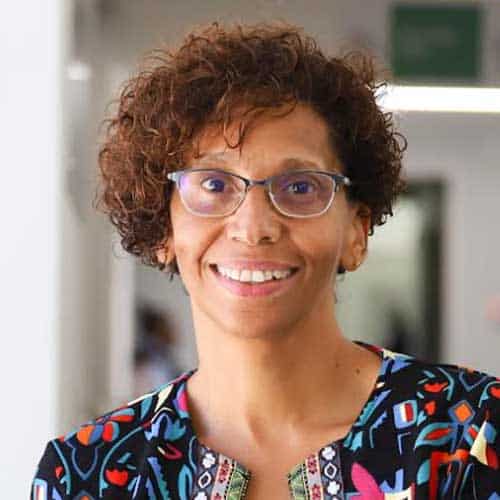
Chantell Witten

Infant and Young Child Feeding Advocacy Project at the DSI-NRF Centre of Excellence for Food Security, at the University of the Western Cape (UWC)
Dr Chantell Witten is a researcher and Lead for the Infant and Young Child Feeding Advocacy Project at the DSI-NRF Centre of Excellence for Food Security, at the University of the Western Cape (UWC). Chantell is a dietitian with more than 20 years’ food and nutrition experience, across several sectors from academia, NGO and UN agencies. Before returning to academia, Chantell was the Nutrition Specialist for UNICEF/South Africa. A highlight of her term at UNICEF, was the gazetting of the Regulations Relating to Foodstuff for Infants and Young Child Feeding. A legal instrument that controls the marketing of any foodstuff that undermines breastfeeding.
While some progress has been made towards improving breastfeeding rates in South Africa, much still needs to be done to counteract the negative impact of increasing consumption of commercial formula milk.
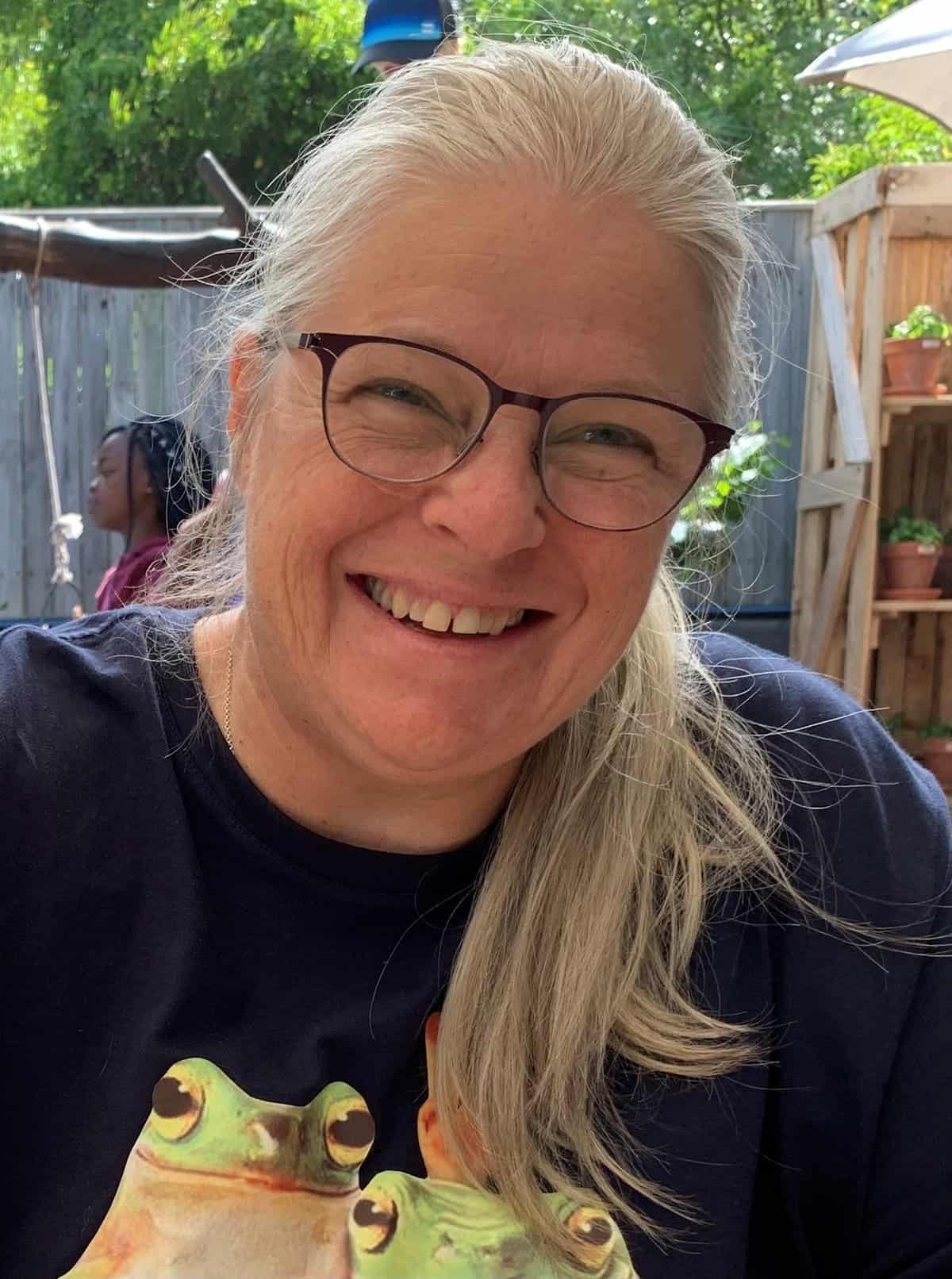
Shona McDonald

Founder of ShonaquipSE Africa’s only ISO 13485 certified wheelchair manufacturer and South Africa’s first Hybrid Social Enterprise.
Shona was recently nominated to the Board of International Society Wheelchair Professionals, is a technical advisor to CHAI, worked with WHO on development of recently published Wheelchair Provision Guidelines, and consults to the Technical Advisory Group of USAID and UNICEF’s Advancing Nutrition programme.
Her life’s work, and company’s origin was inspired by her daughter, Shelly, who was born with cerebral palsy. Her family experienced first-hand how difficult it was to find appropriate assistive devices and support services. When Shona, together with a Biomedical Engineering technician at UCT built her first pediatric posture support wheelchair in 1984 she quickly realised that wheelchairs were about more than transport and more than ensuring that children did not develop secondary health complications; wheelchairs were about independence, dignity, access to choice, school, social inclusion, justice and human rights.
She holds Schwab, Ashoka, Paul Harris, CASMI and RESNA Fellowships
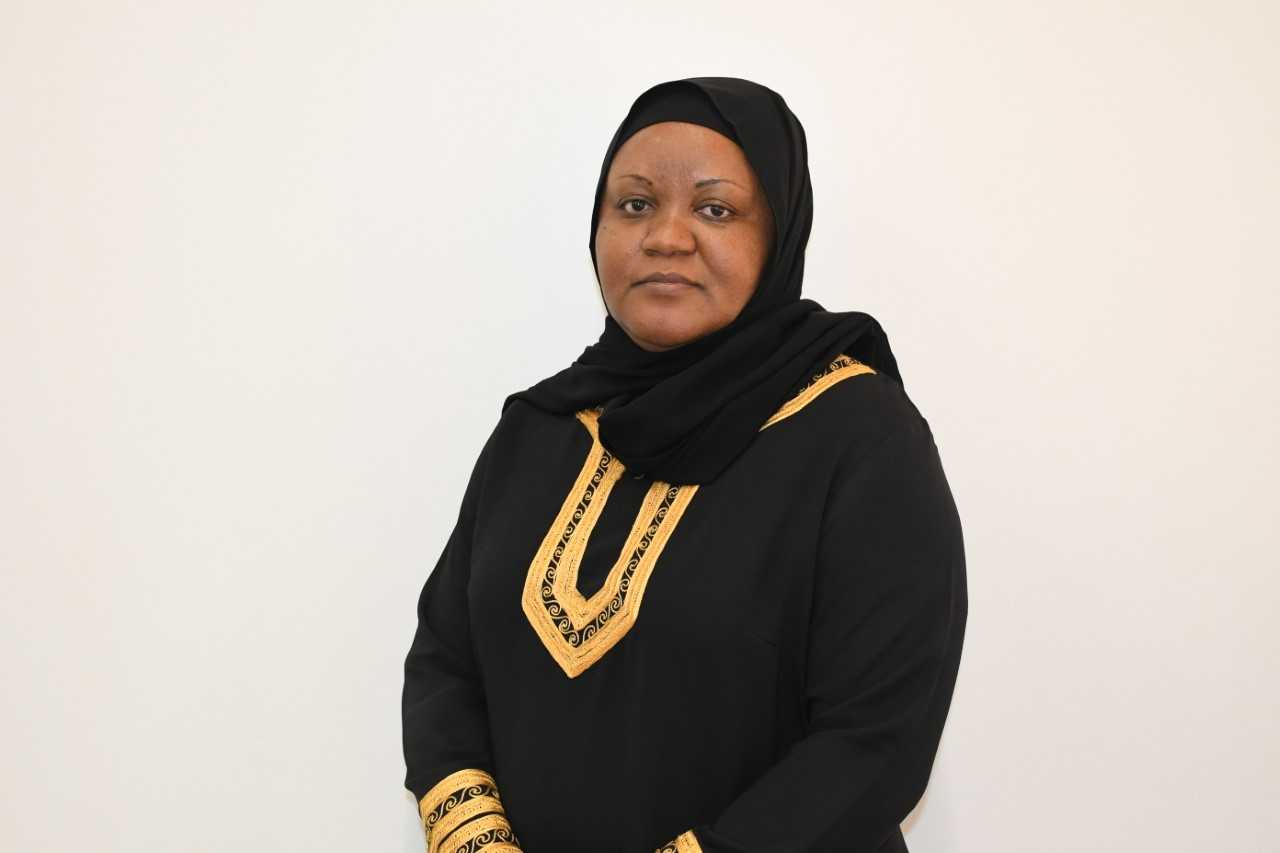
Amina Abubakar

Dr Abubakar is a Kenyan research psychologist. She is a Professor at the Director of Institute for Human Development, Aga Khan University. She is also a senior research scientist at the Kenya Medical Research Institute/Wellcome Trust Research Programme and holds an honorary fellowship at the University of Oxford. Dr. Abubakar's research focuses on developmental delays and impairments in children affected by health challenges such as HIV, malnutrition, epilepsy, Sickle Cell Disease, and malaria. She is keen to contribute towards developing culturally appropriate strategies to identify, monitor, and rehabilitate at-risk children. Recognised for her pioneering work, she received the prestigious Royal Society Pfizer Award in 2016 for her impactful research in East Africa and contributions to neurodevelopmental assessment.
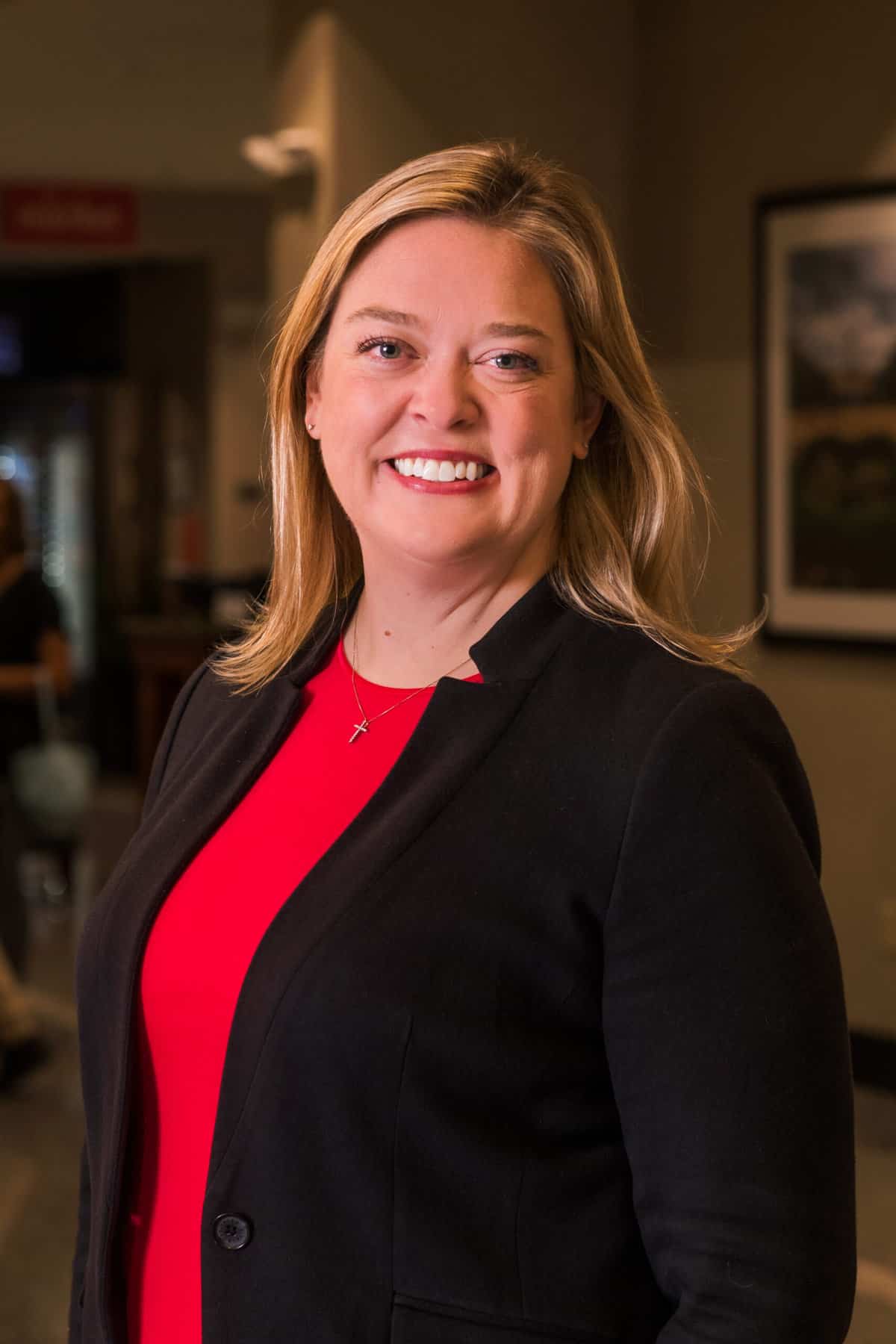
Kristin Sohl (USA)

Kristin Sohl is a Professor of Clinical Child Health at the University of Missouri, Founder and Executive Director of ECHO Autism Communities. She is a pediatrician with extensive experience in medical diagnosis, evaluation and longitudinal support of people on the autism spectrum and with other developmental/behavioral disorders. ECHO Autism Communities is viewed as the leading model in expanding equitable access to best practice screening, evaluation, diagnosis, and longitudinal support for autistic people particularly in underserved and rural populations. ECHO Autism Communities partners with children’s hospitals and autism centers in more than 50 locations in the United States and 30 international locations. These partnerships establish a large consortium of academic and community professionals defining and shaping the landscape of autism and disability services and research. Dr Sohl is a tireless advocate for children and enjoys engaging other physicians and professionals in being a voice for children’s health. She is the Immediate Past President of the American Academy of Pediatrics, Missouri Chapter and the chair of the American Academy of Pediatrics, Autism Sub-committee within the Council on Children with Disabilities. She also serves as the Medical Director for MU Missouri Telehealth Network and the MU Office of Continuing Education for Health Professions. Dr Sohl completed medical school and pediatric residency at the University of Missouri.
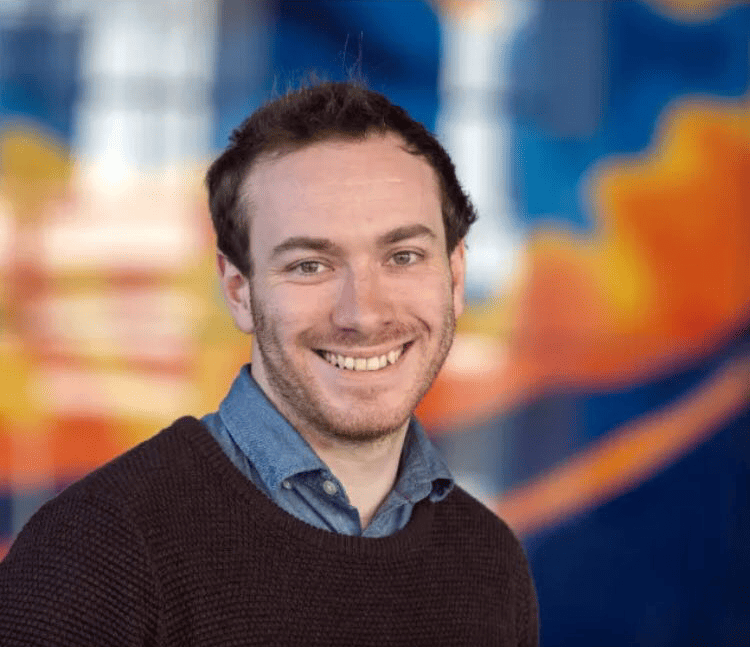
Niall Bourke (Ireland)

Dr Bourke is a research fellow at the Centre of Neuroimaging Sciences, King’s College London (KCL), with a focus on paediatric brain development and injury. Niall completed an undergraduate psychology degree in Dublin Ireland, developing a strong interest in traumatic brain injury (TBI). After working as a rehabilitation assistant at Acquired Brain Injury Ireland, he moved to London, completing an MSc in neuroimaging from KCL, followed by a PhD and clinical experience at Imperial College London.
Niall’s academic work includes investigating the impact of early life deprivation, dopaminergic dysfunction following TBI, use of remote digital cognitive assessments, metacognition, individual assessment of paediatric brain volume following TBI, sport-related injury, patterns of neurodegeneration and evaluation of multi-modal neuroimaging. Supported by the Wellcome LEAP and the Bill & Melinda Gates Foundation he is collaborating with a consortium of specialist neuroimaging centres and clinical partners in low and middle-income countries in Africa and Southern Asia. The project aims to utilise ultra-low field MRI technology to assess pediatric brain development and health in regions with limited neuroimaging resources. This collaboration with Hyperfine, a leader in portable brain MRI, focuses on improving brain pathology assessment and bridging gaps in medical imaging accessibility.
Throughout this work, there has been an increased attention to incorporating DevOps engineering approaches to standardise analysis workflows making these available as ‘apps’ through a cloud platform so they can be scaled up across multiple studies/sites, delivering faster analysis with transparency and reliability.
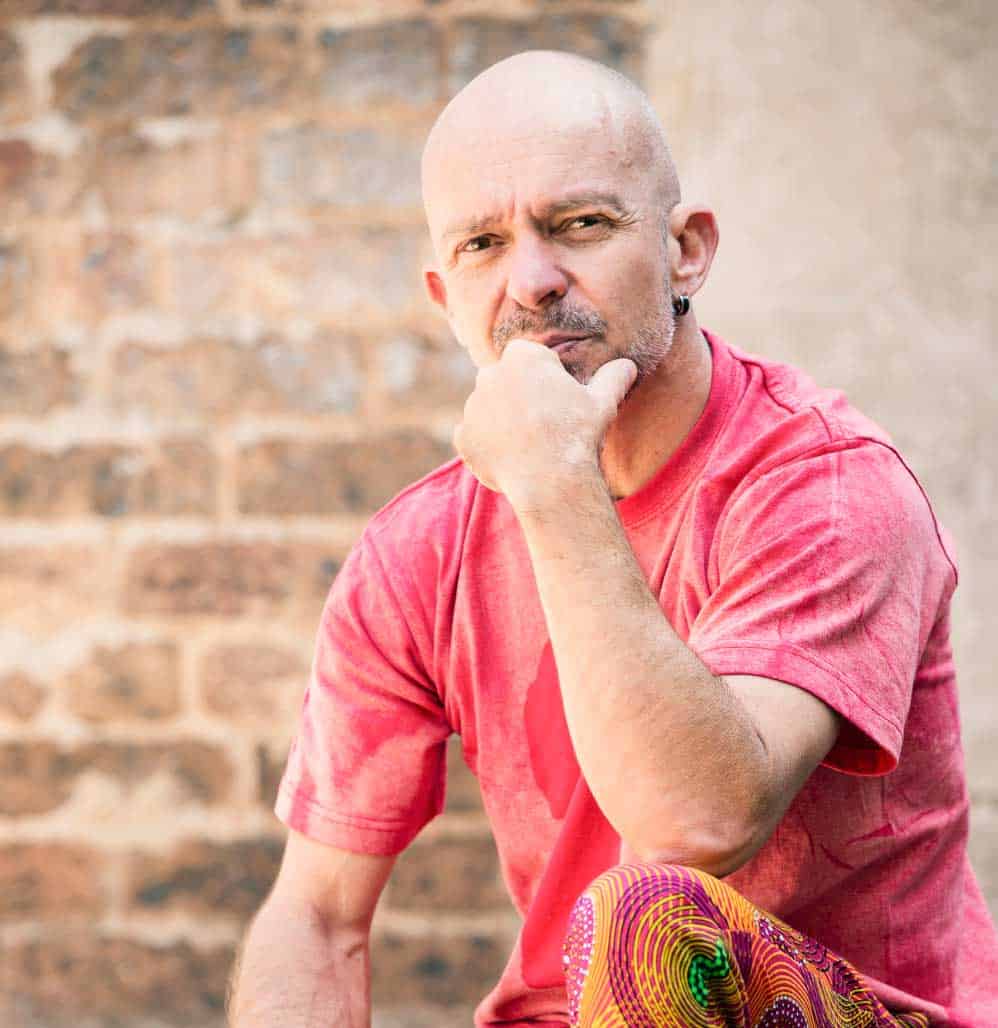
Luke Lamprecht

Luke Lamprecht is a Child Protection and Development Specialist, with 31 years experience in the NPO field. He has worked with organisations including Lefika La Phodiso: The Art Therapy Centre, The Teddy Bear Clinic for Abused Children, Johannesburg Child Welfare, Childline, Bigshoes and the Johannesburg Parent and Child Counselling Centre. He is also the Developmental Director at Fight With Insight: a boxing gym based at the Children’s Memorial Institute in Hillbrow, Johannesburg, where he coaches inner-city boys.
As a Child Protection and Development Specialist, Luke works with children in conflict with the law, children with autism, and children with behavioural challenges and psychiatric diagnoses. As an expert and consultant, he convenes the Johannesburg Child Advocacy Forum and heads up Women and Men Abuse’s Advocacy Division. He consults to the founder of the South African Male Survivors of Sexual Abuse, and advises on child protection issues for the Shaken and Abused Baby Initiative (Babies Matter). Lamprecht wrote the Gauteng Protocol for the Management of Child Abuse (DSD and UJ) and compiled a protocol for Child Protection and HIV intervention (for children, adolescents and families) for child protection professionals for PACT.
Luke regularly conducts talks and training sessions on social cohesion, servitude leadership, BEING MAN, child protection and development, health, mental health, disability, cyber-development and sexuality under Brain Mechanics. Luke has an Advanced Health Management qualification from FPD and Yale University. He is currently completing his research for an MSc in Child Health (Neurodevelopment) at Wits which is looking at the missed child murders of the City of Johannesburg under the Departments of Paediatrics and Forensic Pathology
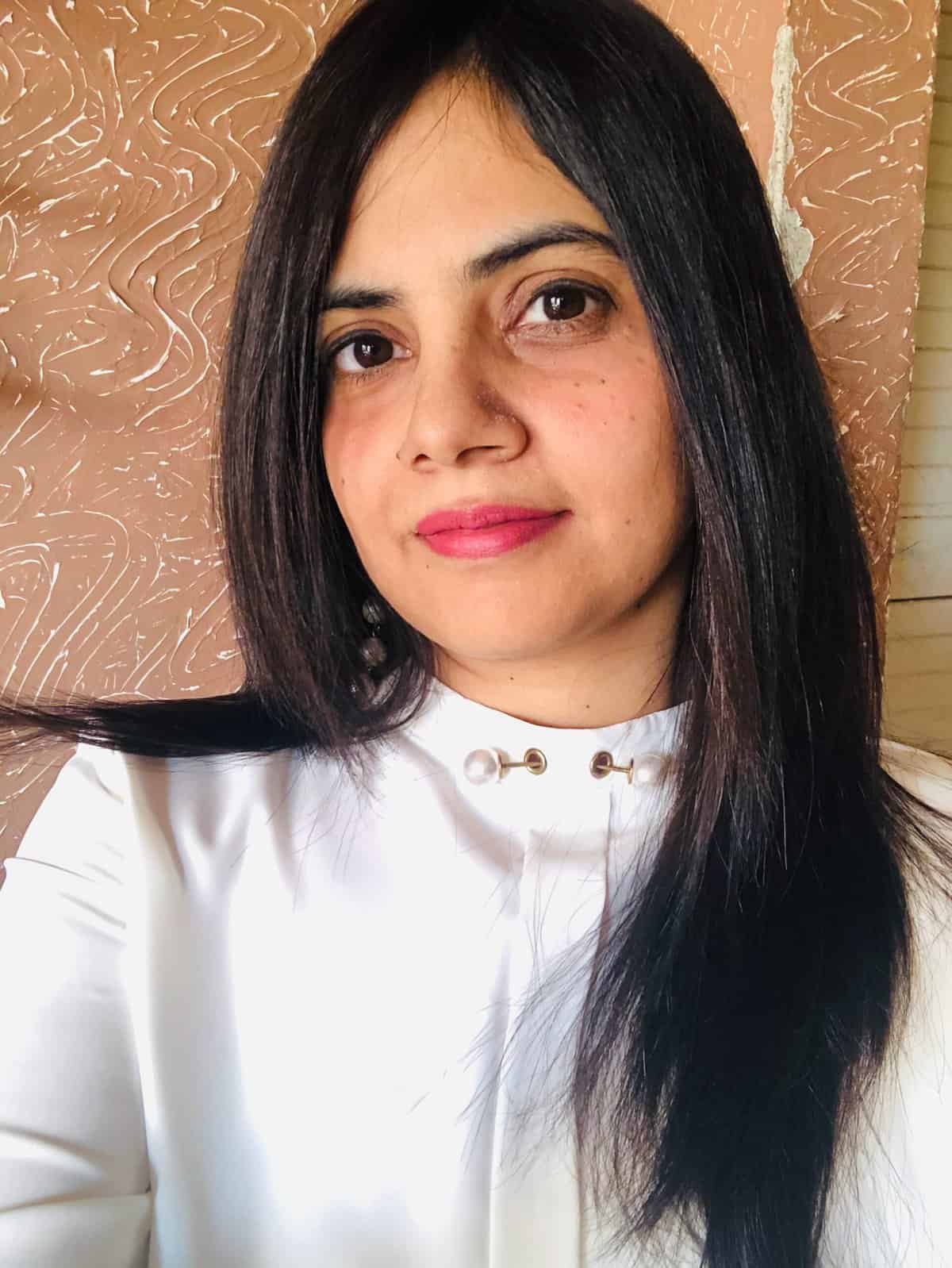
Muneera Rasheed

Muneera A Rasheed is a clinical psychologist by training with extensive experience in early childhood development interventions. Her interest lies in studying how behaviour sciences can complement organisations for improved outcomes particularly through strengthening relationships. Her recent work has included leading systemic changes for sustainable integration of nurturing care interventions in a healthcare unit.

